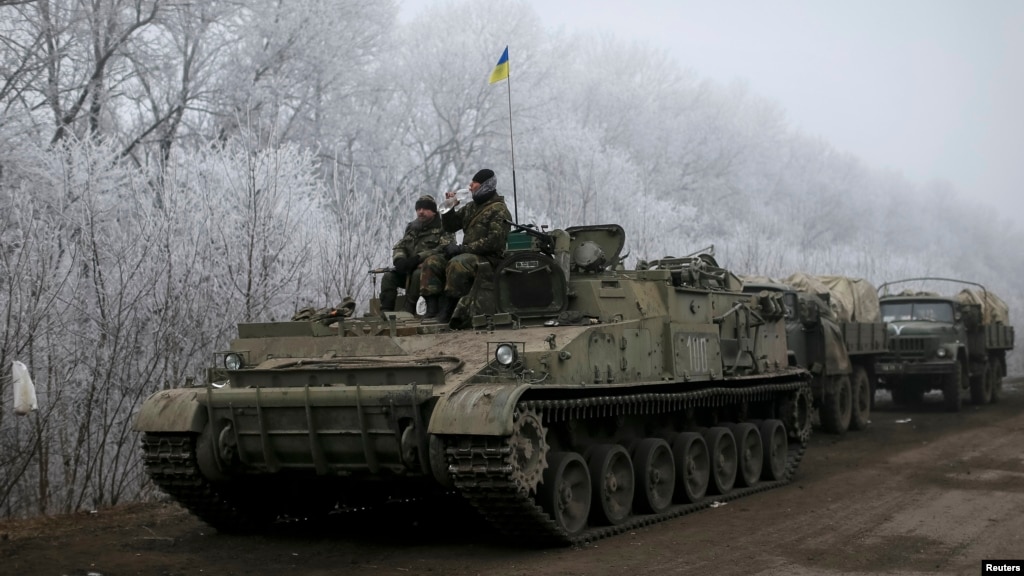This could get interesting. Thus far, nothing fundamental has happened that should cause deep alarm, and the (UK) government has actually responded quite intelligently. But there's an obvious risk that nerves are lost and mad policies get enacted in a hurry, which later become hard to unravel (see several of Sunak's little wheezes over Covid).First of all, what does anyone expect when the whole world (a) is trying to stop using coal (yes, even China and India, though not trying very hard); (b) has installed epic quantities of wind power; and (c) is recovering strongly from the pandemic, including running big schemes for massive infrastructure development? Oh, and the world's biggest producer (little Volodya, this means you) is willfully holding back supplies for political reasons?
Commodity price spikes, that's what.
Although every country will have its special circumstances, the basic phenomenon is hitting everyone. So - the market (and it's only relatively recently that the gas market has become global, thanks to LNG and the gradual cessation of mad oil-linked pricing in the Far East) is functioning correctly!
One of the first things that will happen is that US shale producers (those still standing, that is) will be dusting off their drilling plans, having experienced an awful 18 months of rock-bottom gas prices. That'll help. (Wonder whether Boris will take another look at fracking, too ... but not this side of COP26!) And not just gas production: the economics of a whole range of energy-related items will change, too: grid-scale batteries - the major beneficiaries of electricity price volatility, which is what we're seeing - are making absolute fortunes right now. Some will benefit hugely, some will not: the list is endless.
But what might policy makers stumble into at a time like this? Actually, Kwasi Kwarteng gave a very good defence of the free market when he spoke over the weekend (as did Boris in his incoherent bumbling fashion): hopefully this means they aren't inclined to intervene in stupid ways. The principles they've given for NOT bailing out the tiny suppliers (who shouldn't even exist - a real indictment of Ofgem that they ever got supply licences: many of them are outright scammers), but ensuring the smooth functioning of the "supplier of last resort" mechanism, seem prudent enough. But the need to intervene in the chemicals industry (which I think is fair, given we are in uncharted territory) might result in mission-creep on other fronts. The special-pleaders are forming a long queue ...
What else?
Russia: the Euro-wallahs are pretty angry with Putin's naked ransom-holding over Nord Stream 2. What will they do? Germany has an election coming up ...
Europe: expect plans to shut down coal & lignite plants to be thrown into reverse (but not this side of COP26 ..!) Even the Graun has noticed that Europe is fundamentally hooked on natural gas, whatever the greens might like to wish for.
Nukes: EDF will be salivating at the prospect of a large-scale failure of nerve by HMG on a new public finance mechanism for more new nukes. Rolls Royce won't be far behind with their odd "mini-nukes" plans (they aren't so "mini" at all).
Lefty-greens: these types never miss an opportunity to set up their demented wails ("if only we had gone over to 100% wind five years ago, none of this would have happened ... oh, wait a minute ..."; "this shows the need for 100% nationalisation and a New Green Deal which involves everything we've ever wished for including Trans Rights, all bundled up together in green string") etc etc. I think we may safely ignore them, just as Kier Starmer wisely does.
COP26: The entertaining prospect emerges that November's COP26 might take place against a background of power cuts, if not to the conference hall then to industry. (Actually I think that's more likely in Feb-March, but we'll see). In any event, the whole thing has become more problematic for Boris and his longed-for global "king of the world" PR triumph, because even though most countries will politely defer big "retrograde" measures until after November, few of them will nowadays have quite as much stomach for "wind power solves all problems", or "you rich nations can easily afford $100bn p.a. for us developing nations" - in private, anyway.
There are loads of other potential ramifications but I'll stop there for now.
Will the lights go out? Regular readers will know I endlessly back National Grid to prevent this. But this year, the cost of doing so will be very high indeed. And you know what? If we get a serious cold spell, they might actually fail this time.
ND


